0512-67998889(Suzhou)
18051093220(Shenzhen)
On December 4, 2023, the Director of the Armenian Molecular Biology Institute, Arsen Arakelyan, the Director of the Bioinformatics Institute, Lilit Nersisyan, and Professor Li Bingnan from Shandong University visited RocRock Bio in China. They engaged in international academic exchanges focusing on rare diseases such as Familial Mediterranean Fever and discussed the diagnosis and potential treatment plans for Mediterranean Fever. The aim is to integrate global resources, strengthen academic and medical cooperation between China and Armenia, and address the diagnosis and treatment of rare diseases in Mediterranean countries.
Paraphrasing Translation:
December 4, 2023, marked a significant day as Director Arsen Arakelyan from the Armenian Molecular Biology Institute, Director Lilit Nersisyan from the Bioinformatics Institute, and Professor Li Bingnan from Shandong University paid a visit to RocRock Bio in China. They conducted an international scholarly exchange on rare diseases, including Familial Mediterranean Fever, and explored diagnostic methods and potential therapeutic strategies for Mediterranean Fever. This collaboration is designed to pool global resources and enhance the academic and medical collaboration between China and Armenia, with the goal of improving the management of rare diseases across Mediterranean nations.
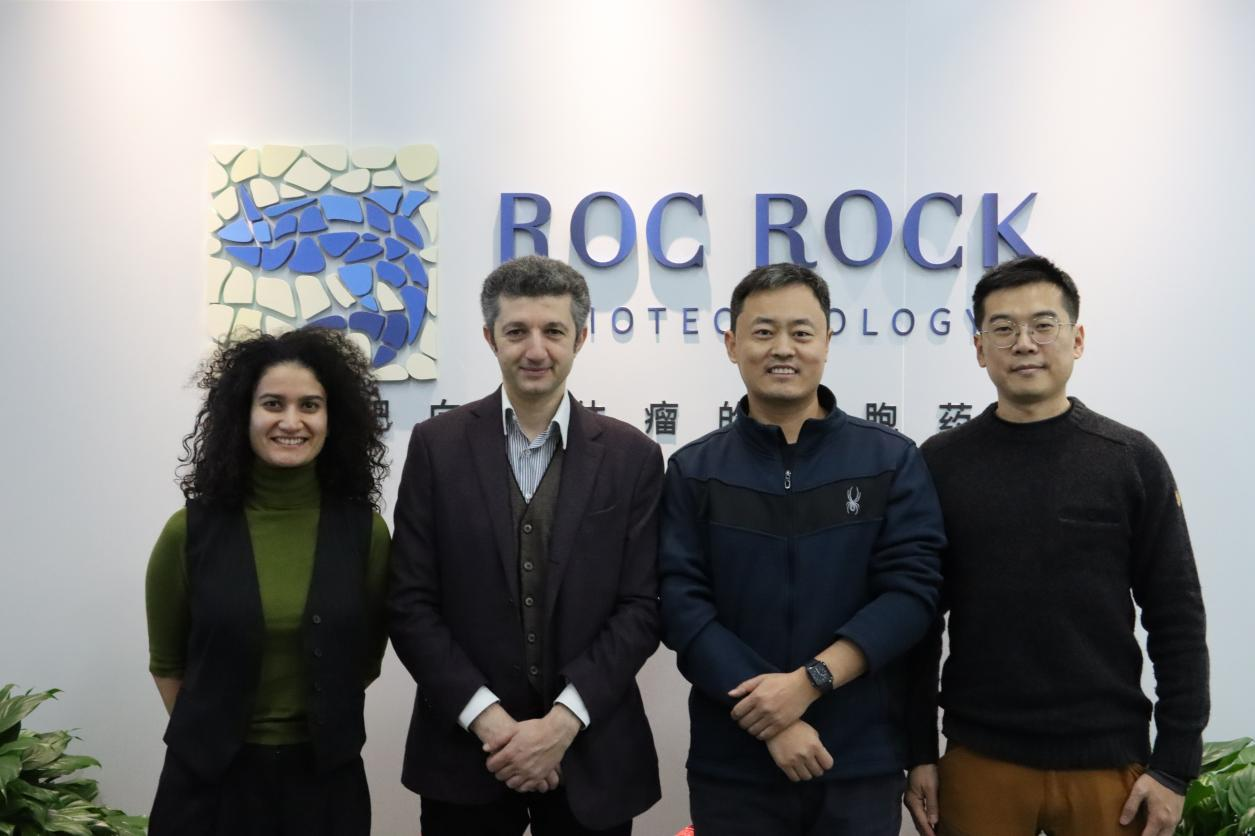
(First from the left: Director Lilit Nersisyan, Second from the left: Director Arsen Arakelyan, Fourth from the left: Chairman Yin Xiushan, Fifth from the left: Professor Li Bingnan)
As part of their visit, the delegation commenced with a tour of BioBAY, a hub for biopharmaceutical innovation within Suzhou's Industrial Park, renowned as a key driver of innovation in China's biopharmaceutical landscape. The park is home to a multitude of high-caliber biopharmaceutical companies, creating a comprehensive industry chain that seamlessly integrates a variety of resources from beginning to end. It has become a cradle for a plethora of innovative projects, scientific outcomes, and burgeoning high-tech unicorns. The visit provided the experts with an enhanced appreciation for China's research and innovation in biopharmaceuticals, earning their admiration and recognition for the substantial progress achieved within this domain.
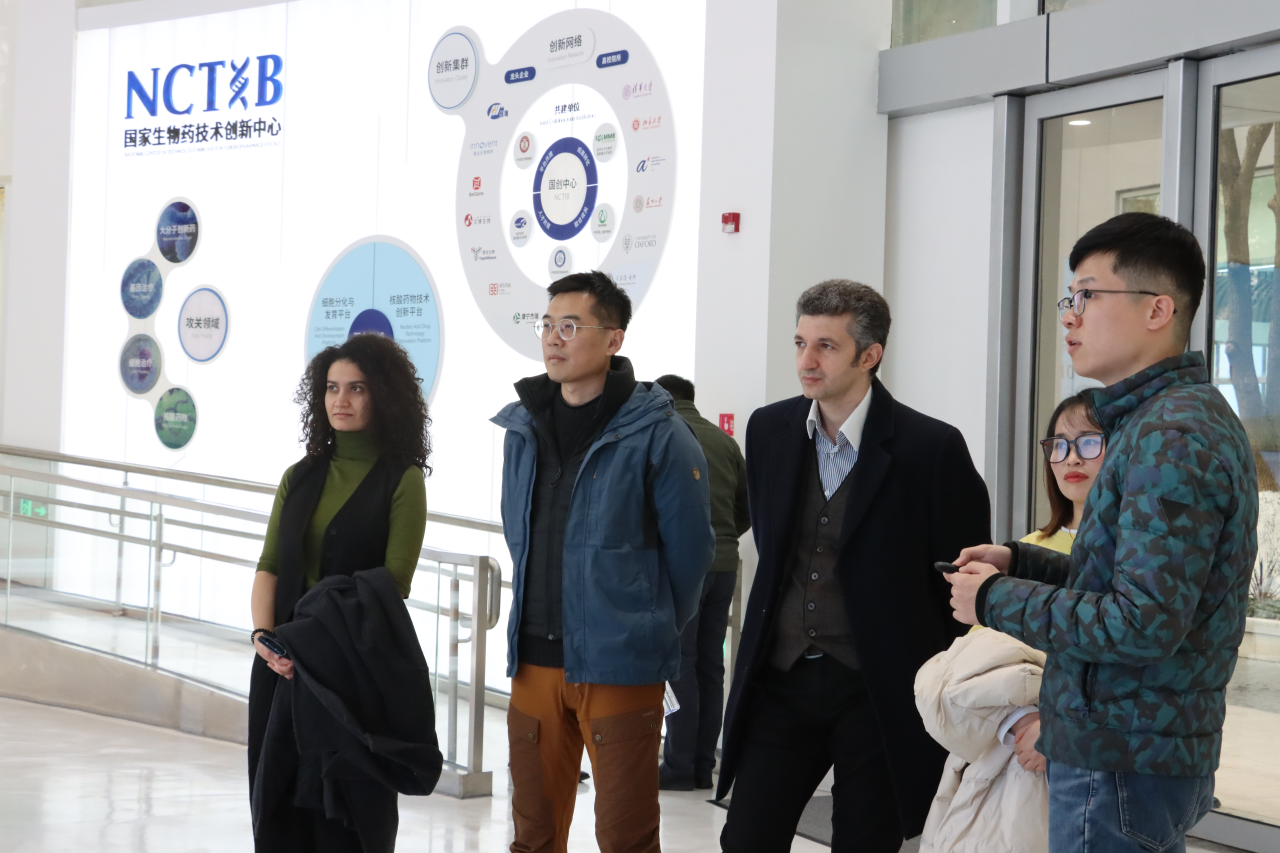
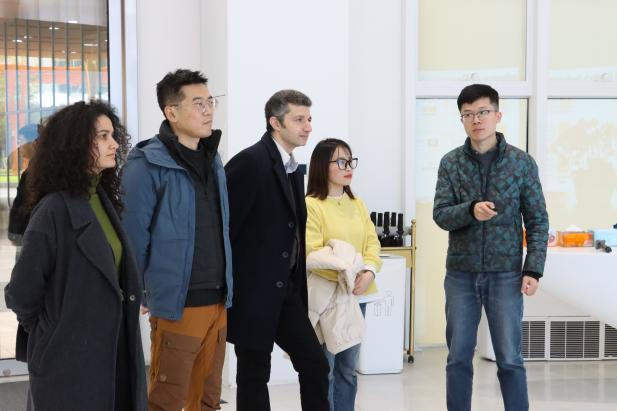
(Visit the exhibition hall)
Yin Jianguo, Chairman of BioBAY, remarked that Armenia boasts a plethora of exceptional talents in mathematics and algorithmic fields. He noted that BioBAY has been incubating a selection of promising ITBT enterprises and looks forward to enhancing collaborative efforts. He invited Armenian scientists and entrepreneurs to harness their intellectual prowess by joining the park, either through employment or by launching startups. This integration into BioBAY's innovative industry cluster would bolster the biopharmaceutical sector not only in Suzhou but across the globe.
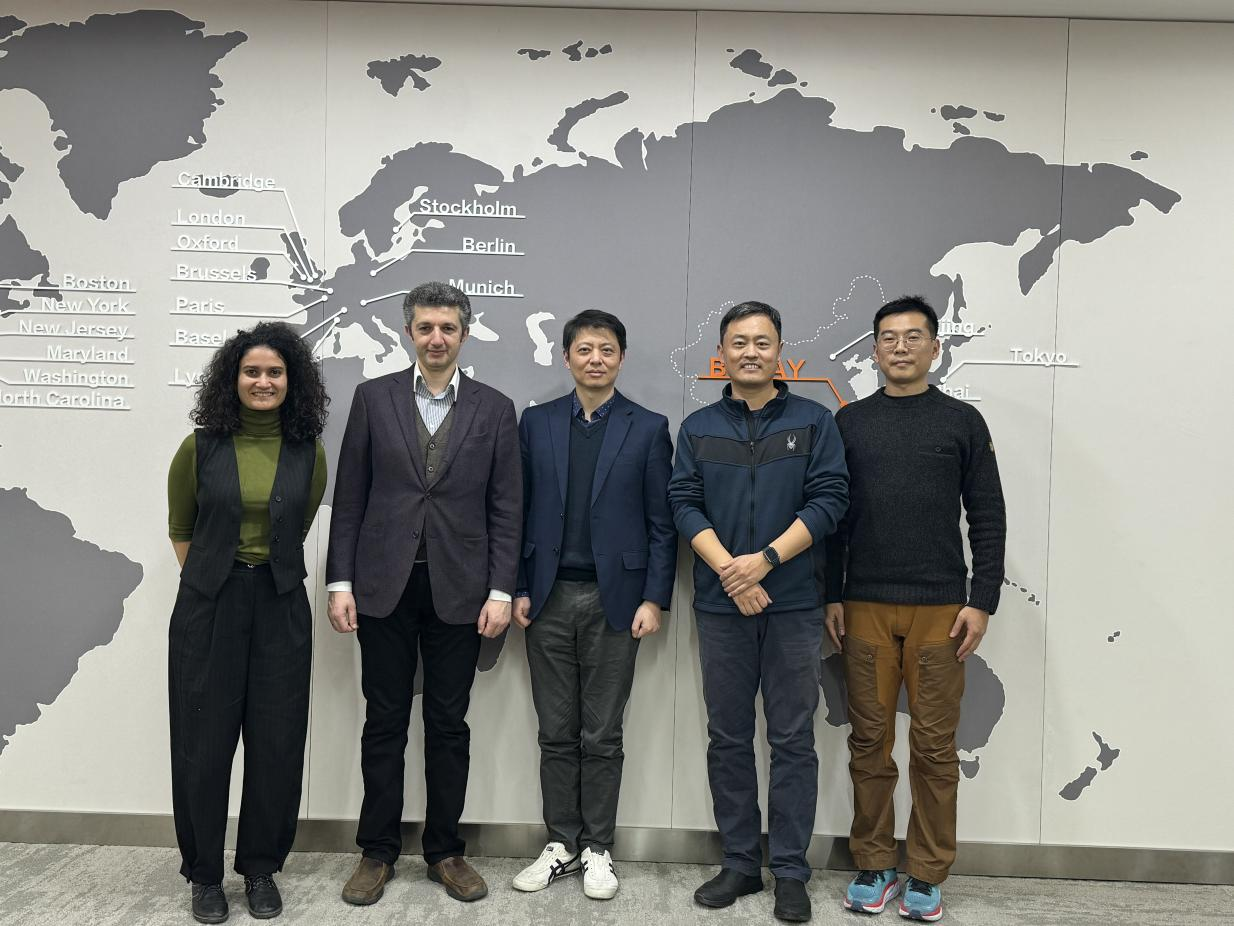
(Starting from the left: Lilit Nersisyan, Director; followed by Arsen Arakelyan, Director; then Yin Jianguo, Chairman; next to him is Yin Xiushan, Chairman; and finally, Li Bingnan, Professor, on the right.)

About Mediterranean Fever
According to the World Health Organization, a disease is classified as rare if it affects between 0.65 and 1 per thousand people. These diseases, because of their low occurrence rates and small patient numbers, tend to be less prioritized by medical professionals in comparison to more prevalent illnesses, and treatments are available for only a minority globally. Familial Mediterranean Fever (FMF), a genetic autoinflammatory condition marked by periodic fevers and inflammation of the serous membranes, is particularly prevalent among Turkish, Armenian, Middle Eastern and North African Jewish, Greek, and Arab populations, with an incidence rate ranging from 1 in 1,000 to 1 in 200. The genetic prevalence of FMF among Armenians is as high as 1 in 3, highlighting its status as a rare disease with regional concentration and commonality. Colchicine remains the mainstay of clinical therapy, especially for FMF patients with mild symptoms or ambiguous genetic-expression correlations. There is a significant potential for research into developing more effective and less toxic treatments for FMF, or treatments that can reduce the side effects of current therapies. Given that FMF is a monogenic disease, there is an acute need for population-wide screening and treatment, particularly in communities of a few hundred individuals.
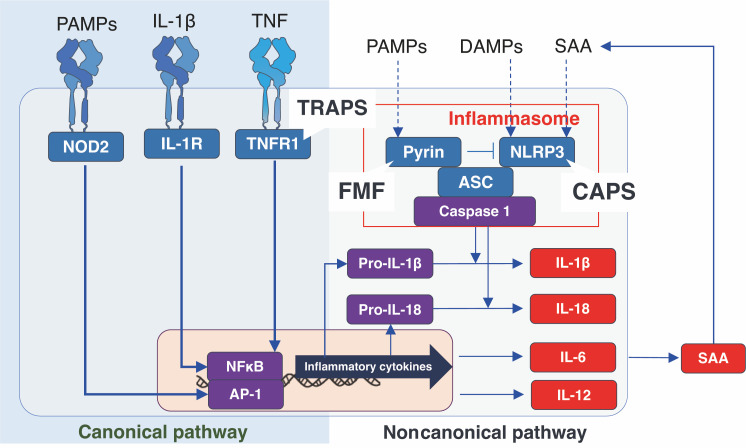
(The cytokine network in familial Mediterranean fever. (PMID:35958618))
Prior to its founding, RocRock Bio initiated a partnership with Armenia at the onset of the pandemic, aiding in the development of testing reagent production and technological platforms that covered over 60% of Armenia's population, thereby aiding in public health efforts. Post-pandemic, Directors Lilit Nersisyan and Arsen Arakelyan from Armenia visited RocRock to discuss collaborative opportunities, with the aspiration to establish cooperation in the domain of prevalent diseases in the Mediterranean area, to establish an international collaborative body, and to jointly advance the detection and treatment of diseases such as Mediterranean fever.![]()
0512-67998889(Suzhou)
18051093220(Shenzhen)

Cathy.Lv@rocrockbio.com(Suzhou)
lliangjing@rocrockbio.com (Shenzhen)